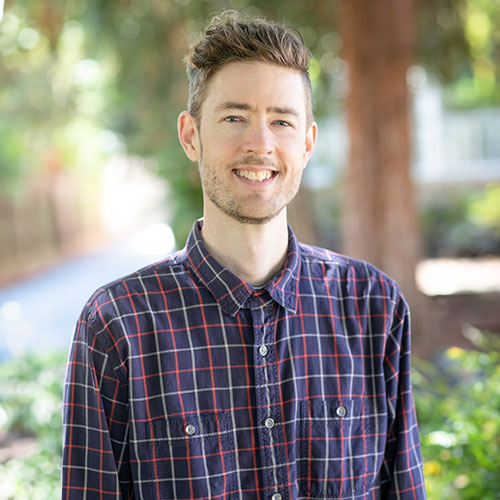
Robert (Robby) Borton, MSW, LCSW
Preferred Name: Robby Borton
Qualifications & Education:
Licensed Clinical Social Worker #105450
Master’s Degree:
UC Berkeley
Bachelor’s Degree:
Tufts University
Professional Memberships:
NASW
Clinic:
Berkeley
Specialties:
Depression, Anxiety, Anger Dysregulation, Irritability Dysregulation, Emotional Dysregulation, Attention Deficit Hyperactivity Disorder (ADHD)
Therapeutic Modalities:
Cognitive Behavioral Therapy (CBT), Working with parents for parent training, coaching, and support, Family Therapy, Couples Therapy, Group Therapy, Narrative Therapy, Play Therapy, Motivational Interviewing, Social Skills Training
About Robby Borton:
Born and raised in Berkeley, just a short distance from the BACA office where I now work, I discovered my passion for working with young people about two decades ago. This journey began with a profound sense of excitement and wonder that has only deepened over time. I’ve had the privilege of supporting youth aged 5-18 in diverse settings, including schools, camps, and classrooms, ultimately leading me to my current role as a therapist at BACA.
My approach centers on meeting each young person where they are, walking alongside them as they navigate growth and build their future. Equally important, I deeply value listening to and learning from parents’ experiences, offering support as they understand their child more fully and evolve into the parent they aspire to be.
Prior to my current role, I served as a School Therapist at Malcolm X Elementary in Berkeley, where I gained invaluable experience navigating the complexities of the school system and supporting children and their caregivers through trauma, grief, difficult transitions, and pandemic-related mental health challenges. Before that, I taught at Berkeley High School and Willard Middle School, and worked in after-school programs across Berkeley, consistently fostering communities built on inclusion and kindness.
As a therapist, I help young people and their caregivers tell their stories in all their beauty and complexity, build self-awareness, and discover their inherent strengths. I believe it’s crucial to critically examine how our culture and environment can impact us, empowering individuals to create new narratives that are authentic, hopeful, and full of life. When I’m not in session, you can find me playing music, dancing, cooking, enjoying time with friends, and attempting (usually in vain) to convince my cat to leave the houseplants alone.

